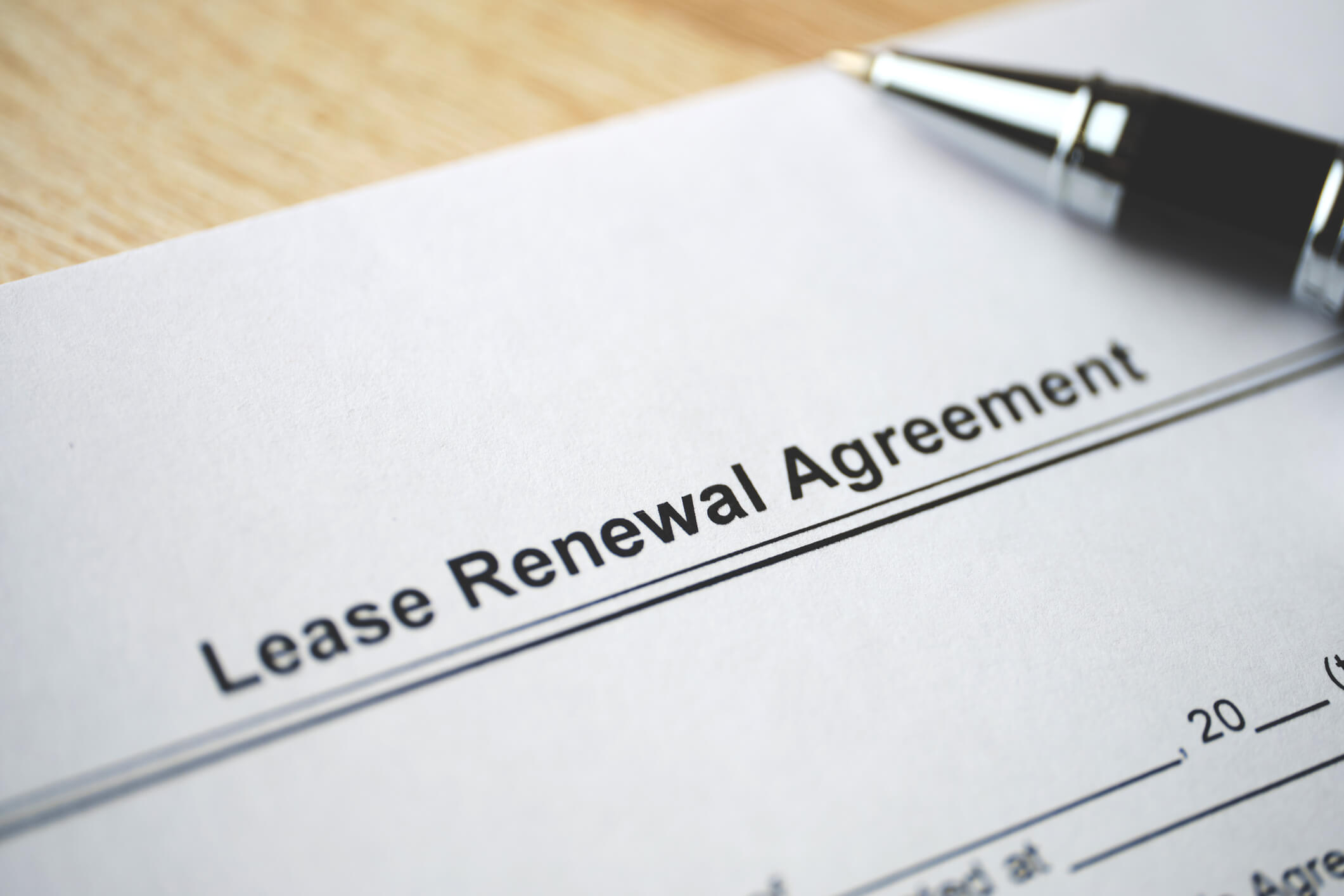Maintaining tenant satisfaction is crucial for any property manager, as it directly impacts the bottom line. High tenant turnover is a common property manager challenge that can lead to significant financial losses. By focusing on tenant retention, you can minimize these losses and create a more stable rental environment.
Strategies to Improve Renter Retention and Overcome Property Manager Challenges
The Importance of Tenant Retention
Tenant retention is more than just keeping your units occupied. It’s about fostering long-term relationships that lead to consistent revenue streams and lower vacancy rates. High turnover not only disrupts your cash flow but also incurs costs such as cleaning, repairs, and advertising to attract new tenants. This makes it essential to keep your current tenants satisfied.
Clear Communication
Clear communication is the foundation of tenant retention. When tenants feel appreciated and well-informed, they’re more likely to renew their leases. Here are some practical strategies to enhance communication:
- Set expectations early. From the beginning, make sure tenants understand their responsibilities and what they can expect from you as their property manager. This includes rent due dates, maintenance procedures, and community rules.
- Regular updates. Keep tenants updated on any changes or upcoming maintenance. For example, if there is a planned water outage for repairs, notify them well in advance and provide a timeline for when services will be restored.
- Personalized communication. Address tenants by name and consider their individual needs. A personalized message or a quick check-in can make tenants feel appreciated and more connected to the community.
Excellent Responsiveness
Property manager challenge to be responsive. Responsiveness is critical in maintaining tenant satisfaction. When tenants report an issue, a prompt response can significantly impact their perception of the property management. Here’s how to ensure excellent responsiveness:
- Multiple contact methods. Provide tenants with several ways to reach you, such as email, phone, or an online portal. Ensure that both daytime and emergency contacts are available.
- Prioritize maintenance requests. Quickly address maintenance issues, especially those that affect the tenant’s quality of life, such as plumbing problems or heating issues.
- Leverage technology. Utilize property management software to track requests and ensure timely responses. Automated systems can also send updates to tenants about the status of their requests.
Building Vendor Relationships
Property managers can’t handle every maintenance task alone. Establishing solid relationships with reliable vendors is essential to ensure that tenant concerns are addressed quickly and effectively. Here are some tips:
- Choose quality vendors. Work with vendors who have a proven track record of delivering high-quality service on time. This ensures that any repairs or maintenance tasks are handled efficiently, reducing tenant frustration.
- Negotiate service agreements. Create service agreements with your vendors that include response time expectations and quality guarantees. This will help uphold a high level of service.
- Regularly review vendor performance. Continuously evaluate the performance of your vendors and be prepared to make changes if their service level declines.
Lease Renewal Incentives
Lease renewal incentives are a powerful tool to encourage tenants to stay longer, especially when dealing with common property manager challenges. Small gestures can make a big difference in a tenant’s decision to renew their lease. Consider the following incentives:
- Monetary rewards. Offer a one-time discount, rent reduction, or a cash bonus for tenants who renew their lease. While this might seem costly, it’s often less expensive than finding and preparing for new tenants.
- Property upgrades. Give tenants the option to choose from several upgrades, such as new kitchen appliances, upgraded flooring, or modern window treatments. This not only makes their living space more comfortable but also shows that you value their tenancy.
- Community perks. Offer access to community amenities or events, such as free gym memberships, parking spots, or social gatherings. These perks can create a sense of belonging and make tenants feel like they’re getting more than just a place to live.

Creating a Community Atmosphere
Fostering a sense of community can greatly boost tenant satisfaction. When tenants feel connected to their neighbors and the property management team, they’re more likely to remain. Here’s how to foster a community atmosphere:
- Organize social events. Host events like BBQs, holiday parties, or game nights. These events give tenants a chance to meet their neighbors and build relationships, which can increase their attachment to the community.
- Create common spaces. Develop shared spaces where tenants can interact, such as a lounge, garden, or gym. These areas encourage socialization and help tenants feel more at home.
- Encourage resident feedback. Regularly ask for feedback from tenants on how to improve the community. Act on their suggestions when possible, and make sure they know their opinions are valued.
Implementing Flexible Leasing Options
Offering flexible leasing options can be a major draw for potential tenants and a way to retain current ones, especially when addressing common property manager challenges. Consider these options:
- Short-term leases. Some tenants may prefer shorter leases due to uncertain job situations or other personal reasons. Offering 6- or 9-month leases could cater to this demographic.
- Month-to-month options. For tenants who are unsure of their long-term plans, a month-to-month lease might be appealing. While these tenants might eventually move out, the flexibility could convince them to stay longer than they initially intended.
- Lease extensions. If a tenant is nearing the end of their lease but isn’t ready to commit to a full renewal, offer a lease extension of a few months. This can give them more time to decide without the pressure of moving out.
Addressing Tenant Concerns Proactively
Proactive management is essential in addressing tenant concerns before they become major issues. Here are some ways to stay ahead:
- Regular check-ins. Schedule periodic check-ins with tenants to discuss any concerns or issues they might have. This helps keep minor issues from becoming bigger problems.
- Anonymous feedback channels. Provide a way for tenants to voice concerns anonymously. This can encourage more honest feedback and help you identify issues that tenants might be hesitant to discuss directly.
- Monitor online reviews. Keep an eye on online reviews and social media mentions. Address any negative feedback promptly and use it as an opportunity to improve your services.
Enhancing the Move-In Experience
The move-in experience sets the tone for the tenant’s entire stay. A smooth and welcoming move-in process can start the relationship on the right foot. Consider the following:
- Welcome packages. Provide new tenants with a welcome package that includes essential information about the property, local area, and contact details. Include small gifts like snacks or cleaning supplies to make them feel at home.
- Detailed orientation. Walk new tenants through the property, explaining how things work, such as trash disposal, parking, and amenities. This helps them feel more comfortable and reduces confusion.
- Follow-up. After the first few weeks, check in with new tenants to see how they’re settling in and if they have any questions or concerns.

Leveraging Technology for Better Management
Technology is essential in contemporary property management. It can streamline operations and improve tenant satisfaction. Here’s how to leverage technology:
- Online payment systems. Allow tenants to pay their rent online. This is convenient for them and ensures timely payments for you.
- Maintenance request portals. Create an online portal for tenants to submit maintenance requests. This system should also allow them to track the status of their requests.
- Virtual tours and leasing. Offer virtual tours and online leasing options for prospective tenants. This is especially useful for out-of-town renters or during times when in-person tours are not feasible.
Addressing Common Property Manager Challenges
Property manager challenges extend beyond tenant retention. Managing multiple properties, handling maintenance, and ensuring compliance with regulations can all be overwhelming. Here are some strategies to tackle these challenges:
- Efficient property management tools. Invest in software that can handle various aspects of property management, from lease tracking to maintenance scheduling. These tools can save time and reduce errors, making your job easier.
- Staff training and development. Ensure your team is well-trained in customer service, maintenance, and conflict resolution. A knowledgeable and professional staff can handle issues more effectively, leading to better tenant retention.
- Regular inspections. Conduct regular property inspections to catch and address potential problems before they escalate. This proactive approach can prevent minor issues from becoming major repair costs.
Conclusion
Improving renter retention is a continuous process that requires attention to detail and a commitment to tenant satisfaction. By implementing clear communication, responsive service, attractive lease incentives, and fostering a sense of community, you can overcome common property manager challenges and create a thriving rental environment. In the long run, these efforts will not only reduce turnover but also enhance the reputation of your property, making it easier to attract and retain quality tenants.
By focusing on these strategies, property managers can turn challenges into opportunities, ensuring that their properties remain desirable and their tenants remain happy.
If managing these aspects seems daunting, consider partnering with a professional property management company like GIL Property Management, which specializes in tailored solutions for property owners. Call us at (403) 266-3550.

